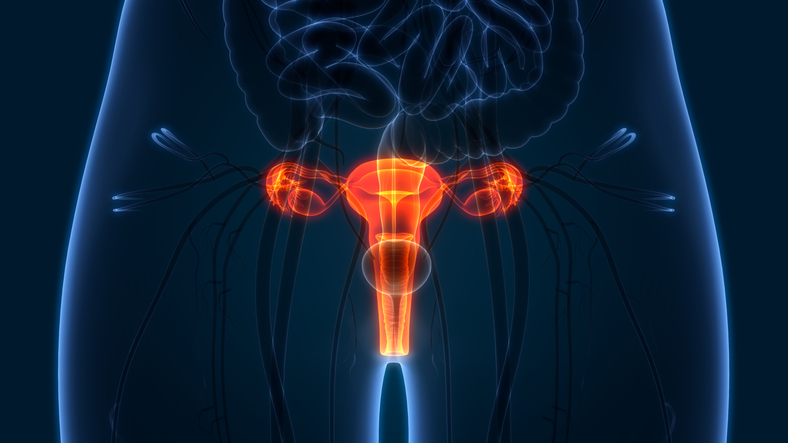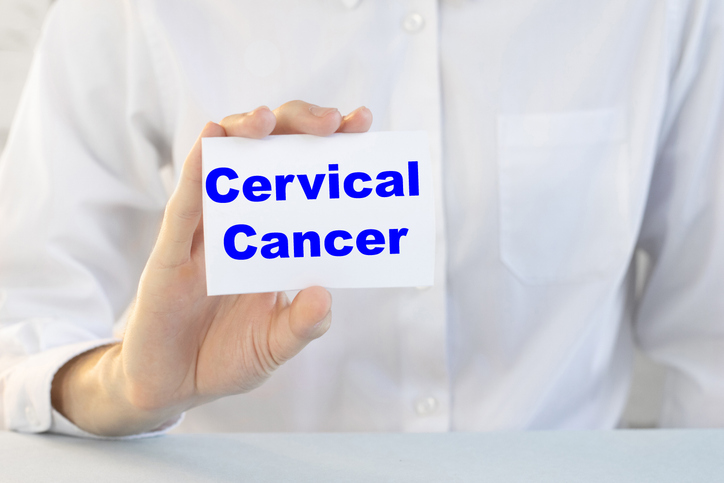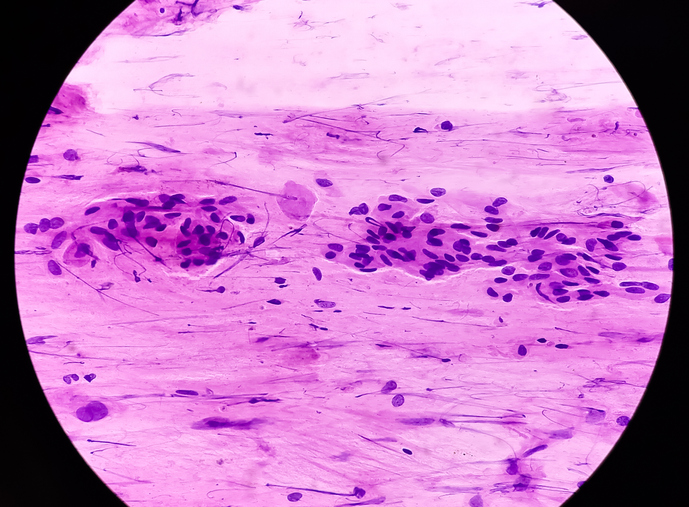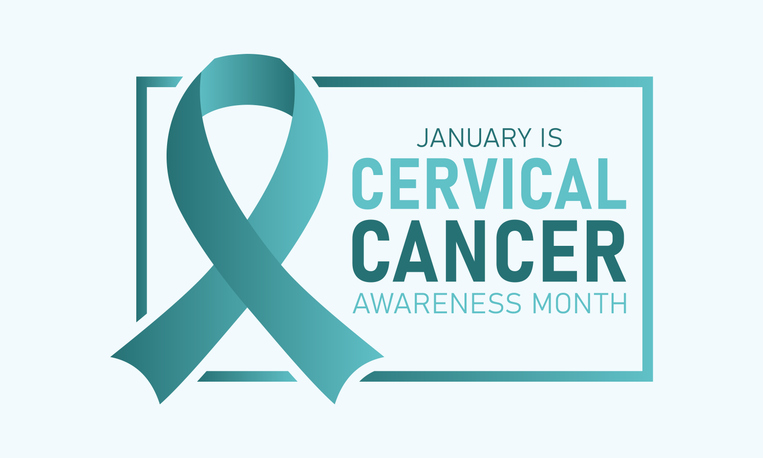
Rates of Pap test screening for cervical cancer are “unacceptably low,” according to research published in the Journal of Women’s Health.
Researchers from the Mayo Clinic assessed the Rochester Epidemiology Project to identify data for Pap and Pap-HPV co-testing in women ≥16 years of age living in Olmsted County, Minnesota. They examined yearly data from 2005 (study population, n=47,203) to 2016 (study population, n=49,510).
Low cervical cancer screening rates https://t.co/rIBDaNOVa2
— Kevin McLaughlin (@CancerTodayEdit) January 8, 2019
In 2016, less than two-thirds (64.6%) of the 27,418 eligible 30- to 65-year-old women underwent cervical cancer screening, and 60.8% had received Pap-HPV co-test screening.
Researchers observed significant declines in Pap completion rates over time in all age groups, including an unexpected decline in 21- to 29-year-old women, from 62.8% in 2005 to 47.3% in 2016. However, Pap-HPV co-testing significantly increased among 30- to 65-year-old women, from 10.0% in 2007 to 60.8% in 2016. “This suggests increasing adoption of 2012 screening recommendations in the 30- to 65-year-old population,” the authors noted. “However, decline in Pap screening among 21- to 29-year-old women is concerning.”
‘Unacceptably’ low cervical cancer screening rates https://t.co/BvJ8WHjtgl
— D R Ramos (@DrDianaRamosMD) January 9, 2019
The study found that black and Asian American women were 50% and 30%, respectively, less likely to be up-to-date with cervical cancer screening compared with white women. Non-Hispanic women were more likely to have had Pap-HPV co-testing than Hispanic women.
The 2012 U.S. Preventive Services Task Force guidelines recommend cervical cancer screening beginning at 21 years of age. Screening should be discontinued in average-risk women with adequate past screening after 65 years of age. Women 21 to 29 years old should receive cervical cytology alone every 3 years, while women 30 to 65 years old should receive cervical cytology every three years or Pap-HPV co-testing every 5 years.
The U.S. Preventive Services Task Force updates its cervical cancer screening guidelines.
Source: Journal of Women’s Health







 © 2025 Mashup Media, LLC, a Formedics Property. All Rights Reserved.
© 2025 Mashup Media, LLC, a Formedics Property. All Rights Reserved.